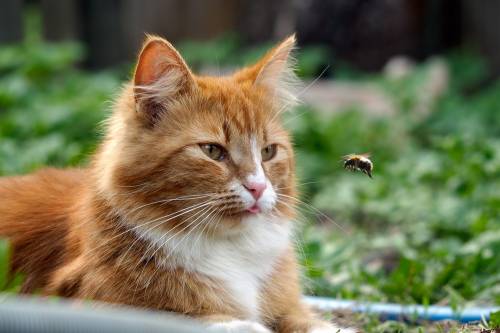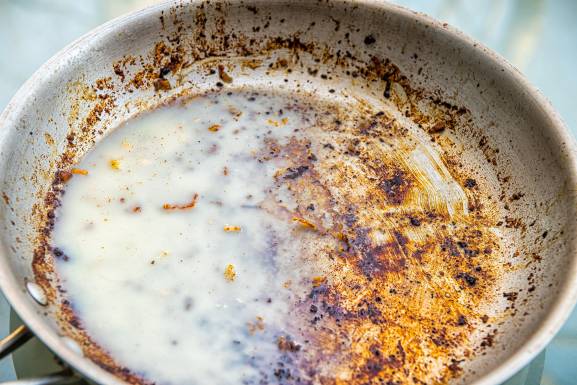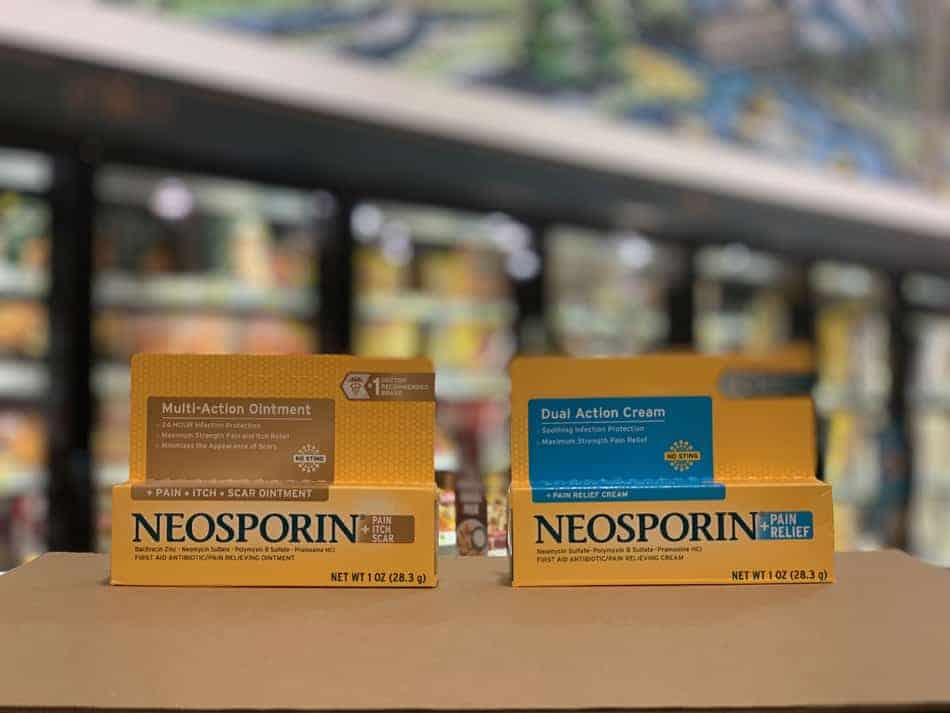Connect with a verified veterinarian in minutes. Licensed vets are available 24/7 to answer your questions. No need to worry about your furry family member.
Who doesn’t love cotton candy? That spun sugary goodness just melts in your mouth! But when you’re eating cotton candy, your feline friend may come and beg for some, too. What happens if a cat eats cotton candy?
Has your cat eaten cotton candy? Are you worried the cotton candy will make your cat sick? If so, you’ve come to the right place. We understand it can be scary when your cat eats something like this.
We’ve gathered information about cotton candy and whether it can make a cat sick. Let’s get started!
What is Cotton Candy?
Cotton candy is mostly made of air and spun sugar! You can buy it at fairs, carnivals, and more. It’s also possible to buy cotton candy at the grocery store or to make it at home.
Cotton candy has a long history. It was first made in the 1400s and was a treat for the European elite (in other words, rich folks). Cotton candy has been popular from that time to now, though the production methods have changed over time.
The candy is made by heating and liquifying sugar, then spun in a machine. The machine basket contains small holes that allow air to hit the spun sugar. This works to cool the sugar, to help it solidify again. Then the cotton candy can be spun directly onto a stick, eaten, and enjoyed!
While cotton candy is safe for humans (in moderation), what happens if a cat eats cotton candy?
Cotton Candy & Cats
Unfortunately, cotton candy is not safe for cats. It can make them very sick. Sugar isn’t toxic to cats but can cause digestive upset.
In addition, some cotton candy is made with xylitol, which is an artificial sweetener. Xylitol is toxic to cats.

Review symptoms, medications & behavior to keep your pets healthy with a Vet Online in just minutes.
Ask a Vet Live NowSymptoms of Cotton Candy Ingestion in Cats
You may notice these symptoms if your cat eats cotton candy:
- Diarrhea
- Vomiting
- Nausea
- Lethargy
- Weakness
- Collapse
- Difficulty walking
If you notice these or other symptoms in your cat, call the vet immediately. This is an emergency.
Treatment of Cotton Candy Ingestion in Cats
Treatment may involve the vet inducing vomiting or using activated charcoal to treat your cat’s symptoms. The vet may also give your feline companion an IV for fluids and to administer medications. And they will treat any other symptoms as they arise.
The prognosis is best for cats that receive prompt medical treatment after eating cotton candy. So, in the future, it’s best to keep cotton candy and other candy out of your cat’s reach. You’ll both be happier for it!
Connect with a verified veterinarian in minutes. Licensed vets are available 24/7 to answer your questions. No need to worry about your furry family member.

Julie
Julie is a graduate of the University of North Carolina, Wilmington, where she studied Animal science. Though contrary to the opinion of her parents she was meant to study pharmacy, but she was in love with animals especially cats. Julie currently works in an animal research institute (NGO) in California and loves spending quality time with her little cat. She has the passion for making research about animals, how they survive, their way of life among others and publishes it. Julie is also happily married with two kids.
Review symptoms, medications & behavior to keep your pets healthy with a Vet Online in just minutes.
Ask a Vet Live Now




